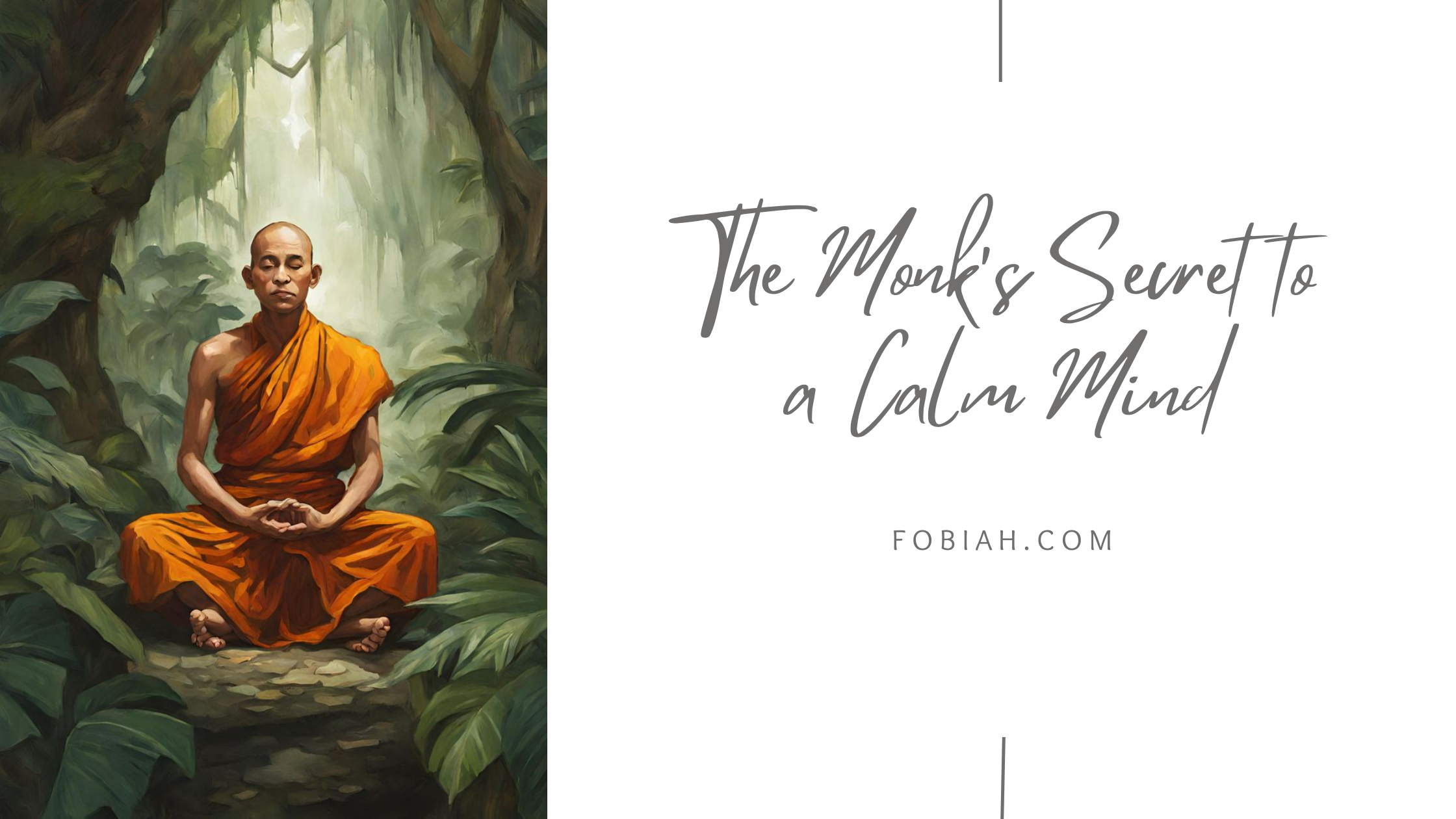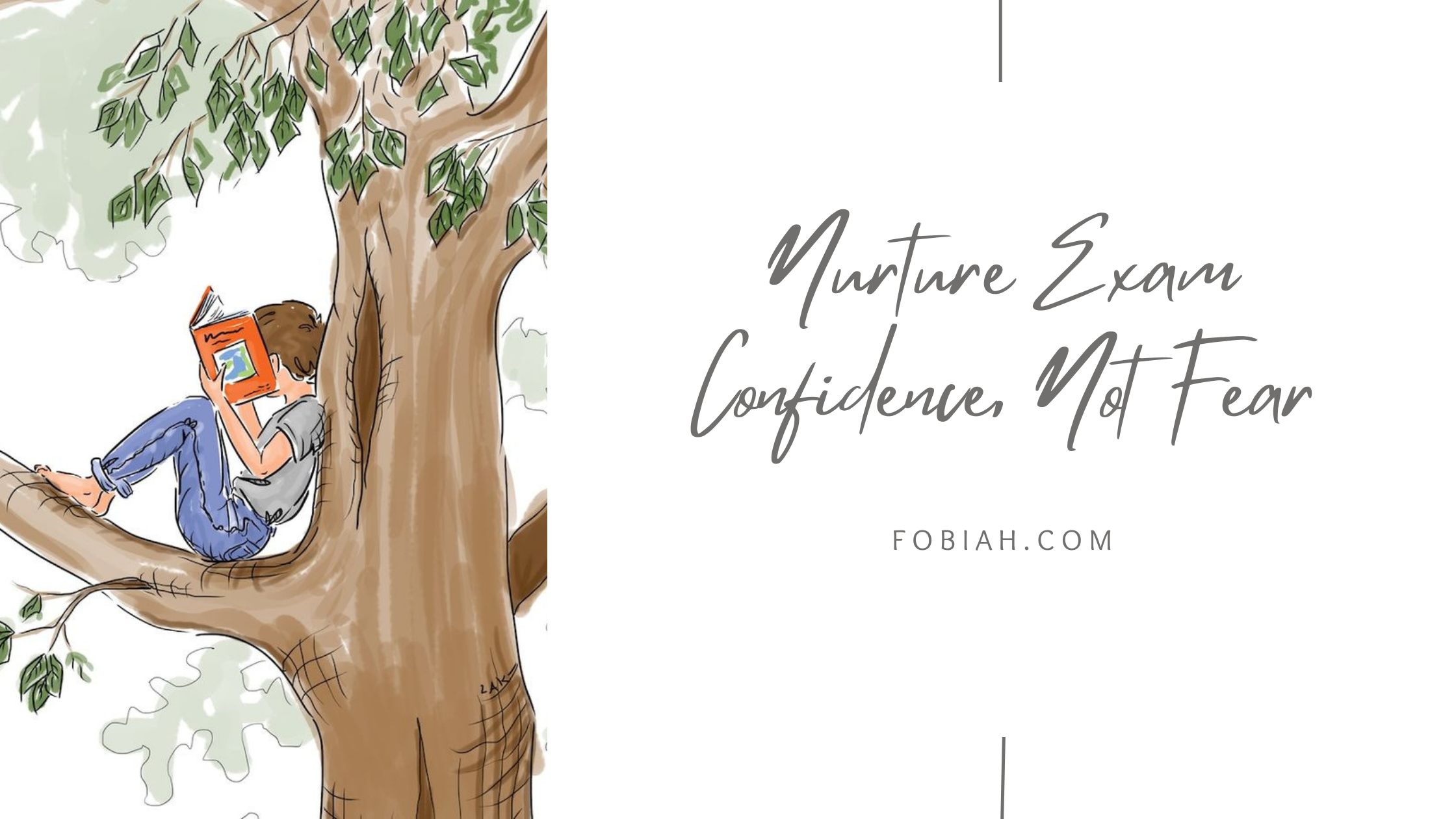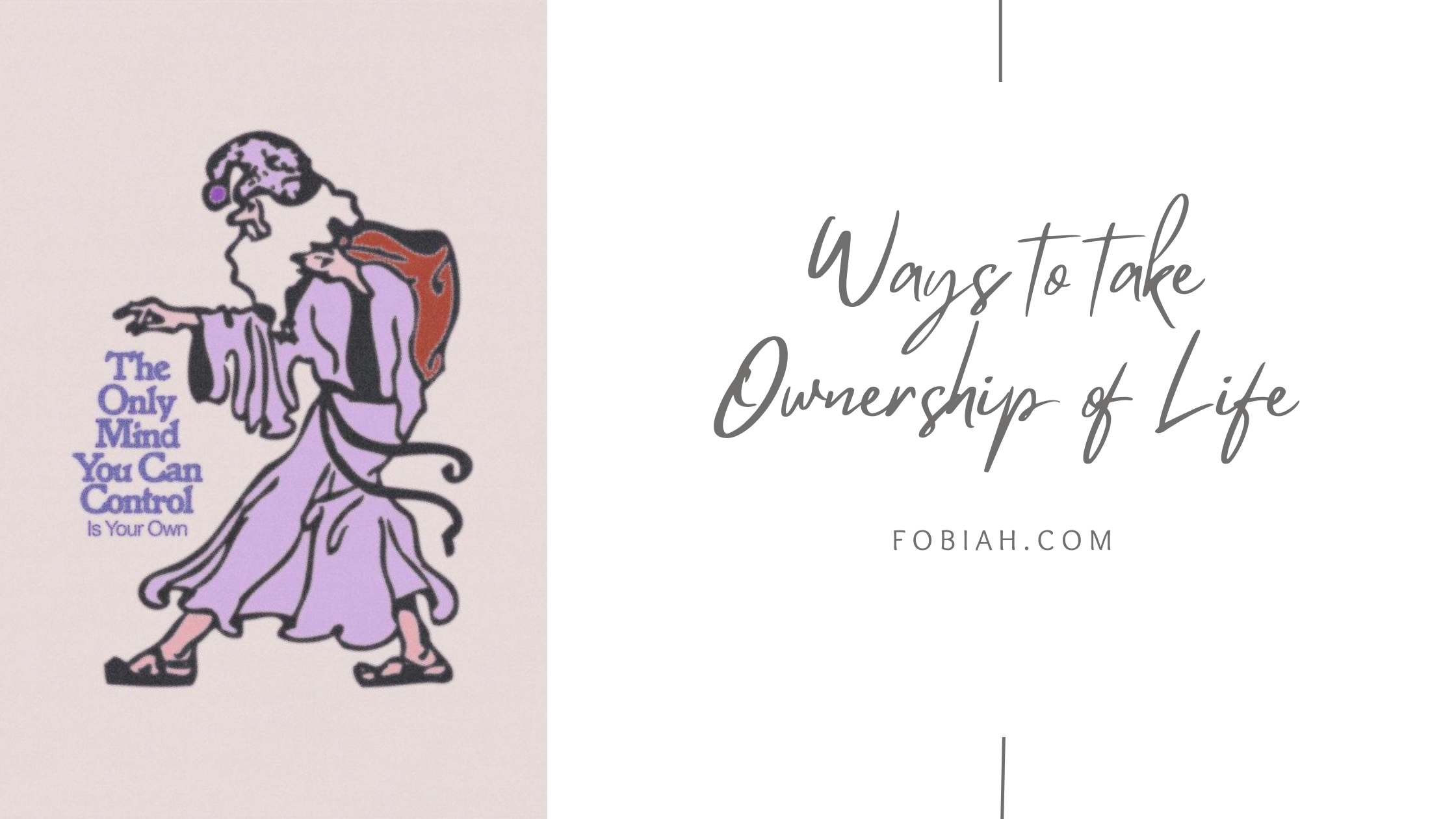1. Start the Day with Mindful Breathing
One of the simplest yet most effective ways to center the mind is through mindful breathing exercises each morning. Instead of jumping into daily tasks, take a few minutes to sit quietly and focus on breathing. This can be done by:
- Finding a quiet, comfortable place to sit.
- Inhaling deeply through the nose for a count of four, holding the breath for four counts, then exhaling for four counts.
- Continuing this cycle for five minutes to help set a calm and focused tone for the day.
Mindful breathing trains the mind to stay present, bringing a sense of peace and readiness to whatever the day holds.
2. Declutter and Simplify
A clutter-free environment promotes a clear mind. Simplifying and decluttering both physical and mental spaces can make a significant difference in stress levels. Here’s how to incorporate this habit:
- Regularly organize and tidy living and work areas.
- Prioritize tasks to reduce the overwhelming nature of long to-do lists.
- Limit unnecessary distractions, like constant notifications on devices.
Creating a clean and simple space helps foster calm and clarity, allowing focus on the essentials.
3. Embrace Single-Tasking
While multitasking may seem productive, it often leads to stress and mental fatigue. Practicing single-tasking, as monks do, promotes focus and a sense of calm. This can be done by:
- Focusing on one task at a time and giving it full attention.
- Breaking larger tasks into smaller, manageable steps and completing each step before moving to the next.
- Taking short breaks between tasks to refresh the mind.
Single-tasking can boost productivity and foster a sense of accomplishment, reducing the stress and overwhelm of juggling multiple tasks.
4. Cultivate Gratitude
Gratitude is a powerful habit that shifts focus from stress and negativity to appreciation and positivity. Practicing gratitude daily can have a profound effect on one’s outlook and stress levels. Try:
- Writing down three things to be grateful for each day in a journal.
- Expressing gratitude out loud during moments of peace or reflection.
- Thanking others for even small acts of kindness.
This practice creates a mindset focused on appreciation, helping to find calm and beauty in each day’s simple moments.
5. Disconnect from Screens
Taking time away from screens is essential to achieving a calm mind. Constant connectivity can lead to mental clutter, making it challenging to find inner peace. To incorporate screen-free time, try:
- Setting limits on evening screen use, especially an hour before bed.
- Having designated “no screen” times to focus on other activities.
- Spending time in nature, where digital distractions are minimal.
Taking a break from screens gives the mind a chance to recharge, providing clarity and calm.
6. Practice Self-Compassion
Calmness is a journey, not a destination, and there will be moments of stress or frustration. Practicing self-compassion helps soften the impact of these moments. Self-compassion can be practiced by:
- Speaking kindly and understandingly to oneself during challenging times.
- Avoiding harsh self-criticism and instead focusing on growth and learning.
- Practicing patience, recognizing that achieving a calm mind takes time and effort.
Self-compassion allows for greater resilience, helping to foster a calm, grounded state of mind.
7. Be Truly Present
Being fully present in each moment is one of the core practices of monk-like tranquility. It’s easy to get swept up in past worries or future anxieties, but focusing on the present can create a deep sense of peace and awareness. Here’s how to practice the habit of being present:
- Pay attention to your surroundings and engage fully with whatever you are doing.
- Practice mindfulness by focusing on small details – the feel of water when washing hands or the sound of leaves rustling.
- Whenever the mind starts to wander, gently bring it back to the current moment.
Being truly present helps clear the mind of unnecessary noise, allowing for a sense of calm that extends throughout the day.
8. Let Go of Attachment to Things
Attachment to material possessions or even specific outcomes can often be a source of stress and dissatisfaction. Practicing detachment is a way to find contentment within rather than in external things. To let go of attachment:
- Reflect on the things you value and ask if they truly bring you lasting happiness.
- Practice gratitude for what you have without depending on it for inner peace.
- Declutter both physically and mentally, focusing on experiences and connections over possessions.
By releasing attachment, you create more space for peace and resilience, finding fulfillment that isn’t tied to things or circumstances.
9. Be Here Now
Similar to presence, “being here now” involves fully immersing in the present experience without letting the mind dwell on what was or what will be. This habit can be cultivated by:
- Checking in with yourself throughout the day and noticing if your mind is somewhere other than here.
- Practicing grounding exercises, such as focusing on the senses or using affirmations like “I am here now.”
- Embracing each moment, even the mundane, as part of life’s journey.
Learning to live in the present offers a sense of freedom, relieving stress about the future or regret over the past.
10. Accept What Is
A large part of inner peace comes from accepting life as it is, without resistance. This practice doesn’t mean passively tolerating things but rather embracing life’s natural flow without struggling against it. To practice the habit of acceptance:
- Recognize that not everything can be controlled, and make peace with it.
- Release the need to change things that are out of your hands and focus instead on how you respond.
- Practice self-compassion, acknowledging emotions and challenges as part of the journey.
Acceptance fosters resilience, allowing you to navigate life’s ups and downs without being thrown off course by every change or challenge.
Monks remind us that suffering doesn’t arise from events themselves but from our attachment to how we think things ought to be. While we can’t influence the weather, we can choose how to dress for it. We may not control the world, but we do have control over our reactions. So release life’s drama — your peace of mind relies on it.





